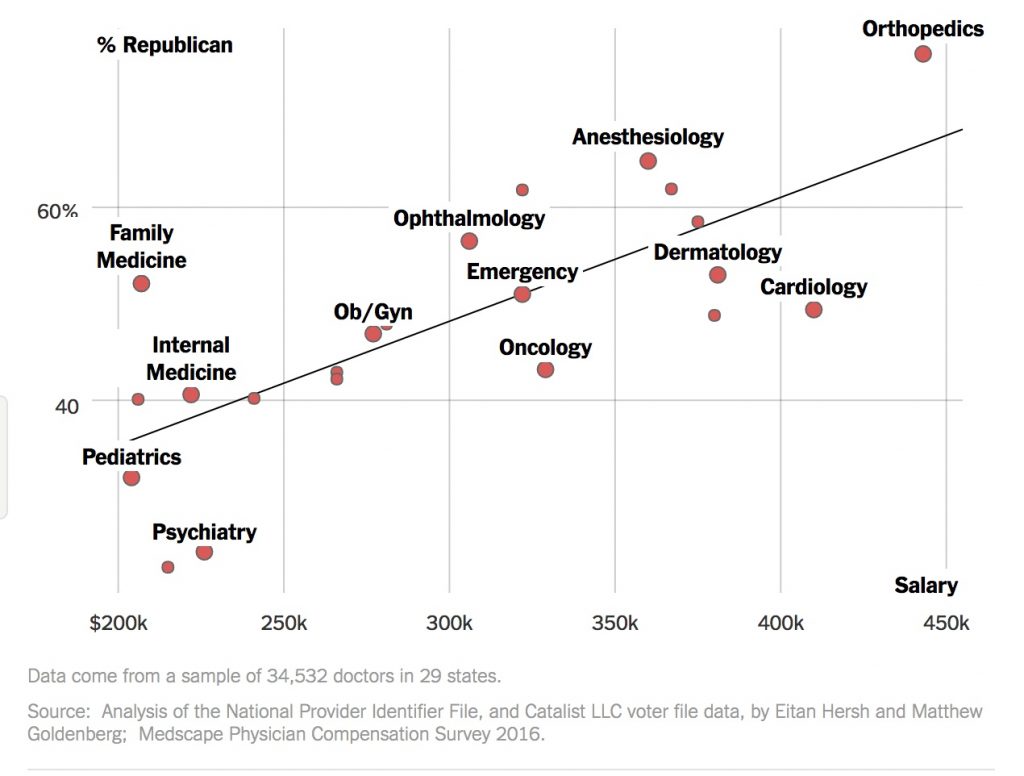We Timberites have been chatting amongst ourselves about our comments threads. Recently, and perhaps even not so recently, our threads have been dominated by a few commenters who are rude, abusive and dismissive to one another and others. This creates an environment where other commenters get squeezed out and where many of us feel reluctant to post on the blog because it isn’t fun exposing yourself to such gratuitous hostility and because housekeeping comment threads (and arguing about housekeeping decisions) is frankly exhausting. We want to create an environment where we feel more willing to write for the blog and where a wider spectrum of people feel encouraged to participate in discussions. There are no perfect solutions here. Abolishing comments threads altogether is an option, but that excludes people who have been good citizens at CT over the years.
Here’s what we’re going to do: we’re going to enforce our [comments policy](https://crookedtimber.org/notes-for-trolls-sockpuppets-and-other-pests/) more rigorously (including the requirement that you supply a valid email address), and not just the part about comments that are racist, sexist or homophobic, but also the part about comments that are personally insulting. Specifically, commenters should abjure ostentatious displays of contempt towards other participants in the thread and commenters should not write in a manner that clearly presupposes that they do not believe the person they are engaging with is deserving of intellectual engagement. To pursue this policy, we’re going to try out putting everything into moderation by default. This will requires more work on our part to scan potential contributions as well as making it more difficulty for people to engage in the kind of to-and-fro that is characteristic of good conversation. That’s a pity, but may be the price we have to pay. We’re planning to review our policy in a couple of weeks, to see how it is working.


